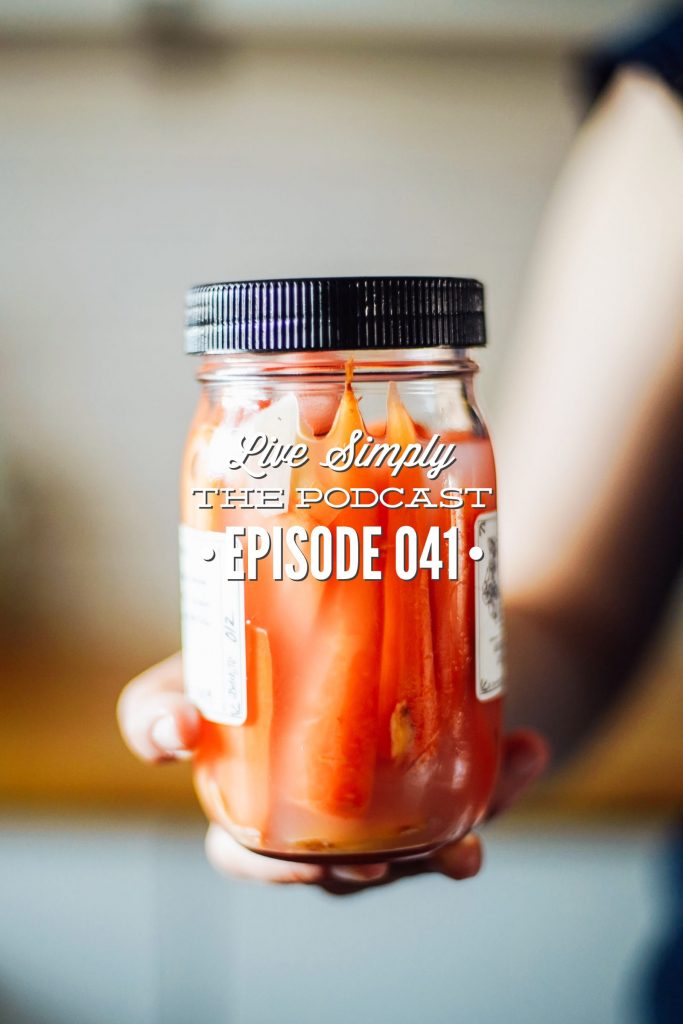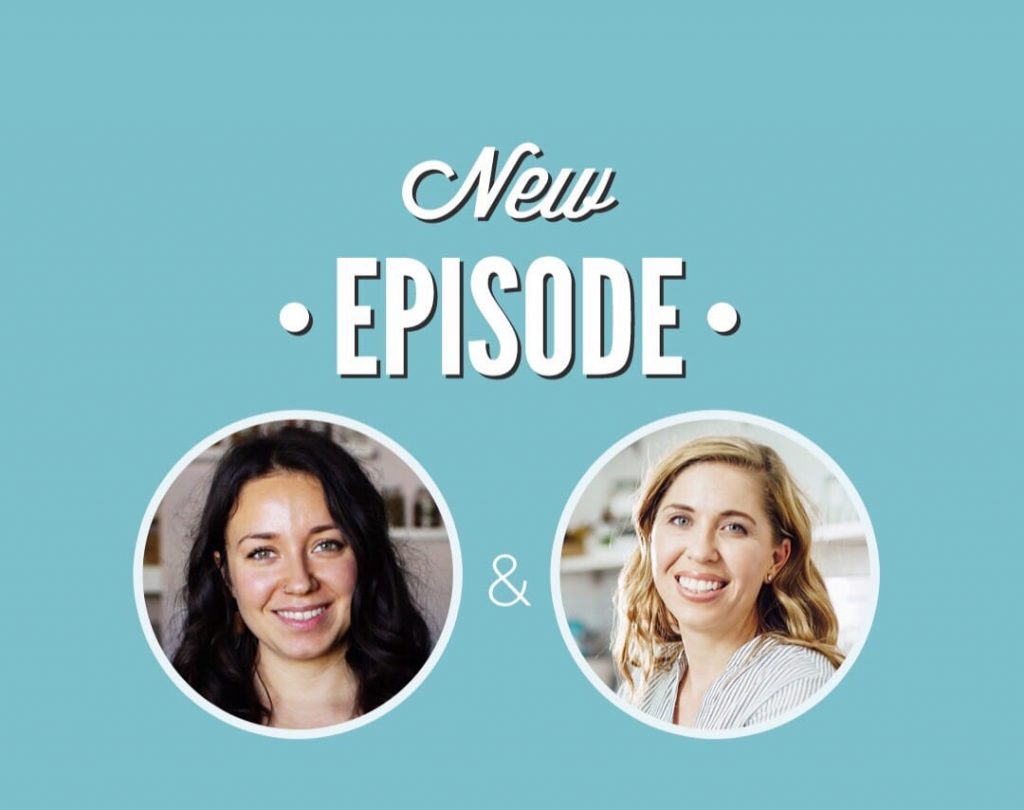Today, on the podcast, I’m talking to Sarah from St. Pete Ferments all about fermented foods. This is one of my favorite episodes this season, because the topic of fermented foods is something I’m learning so much about. After talking to Sarah, I even started making my own sauerkraut (you’ll learn how in this episode–it’s super easy!).

Want to Save This Recipe?
Enter your email & I’ll send it straight to your inbox. And you’ll get new recipes & tips each week.
Sarah shares:
- why we should add fermented foods to our diet
- the benefits of consuming fermented foods
- examples of fermented foods (we’re going beyond kombucha–there are so many options)
- the importance of local ferments versus ferments that are shipped from far away
- why you need to consume more than just kombucha
- how we can add ferments to our diet
Listen To The Podcast
Listen On iTunesListen On Stitcher Listen On Spotify
Show Notes
Resources Mentioned In Today's Episode- St. Pete Ferments (website)
- Follow Sarah (St. Pete Ferments) on Instagram
- Wild Fermentation by Sander Katz (book)
- Fermented Vegetables by Christopher and Kirsten Shockey (book)
- Fiery Ferments by Christopher and Kirsten S hockey (book)
Q1: Tell us about yourself.
Q2: Tell us about St. Pete Ferments.
Q3: What exactly is a fermented food?
Q4: What are some examples of fermented foods?
Q5: Why ferment foods?
Q6: Why eat fermented foods? What are the benefits of consuming fermented foods?
Q7: It may appear that fermented foods are trending right now, but fermentation is a process that’s been around for a very long time. Can you share more about the traditional aspect of fermented foods?
Q8: Tell us about the importance of local when it comes to fermented foods?
Q9: In your opinion, what part should fermented foods play in our daily diet?
Q10: How can we add fermented foods to our daily diet?
Q11: Can you walk us through the process of a ferment in your kitchen? Let’s say you pick up a veggie at the market and want to ferment this veggie? What does this look like from start to finish.
Q12: If someone wants to begin fermenting foods at home, what resources will they need?
Q13: What are the easiest foods to begin fermenting?
Q14: Are there any resources you recommend for people who want to explore fermenting at home?
Q15: What about safety? Are there precautions to consider or things to look for when fermenting foods at home?

